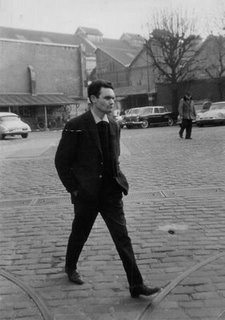
Renewable Energy and Energy Efficiency Partnership
From Wikipedia, the free encyclopedia
Jump to: navigation, search
REEEP Logo
The Renewable Energy and Energy Efficiency Partnership (REEEP) is an active, global public-private partnership that was launched by the United Kingdom along with other partners at the Johannesburg World Summit on Sustainable Development (WSSD) in August 2002.
By providing opportunities for concerted collaboration among its partners, REEEP aims to accelerate the marketplace for renewable energy and energy efficiency. Its goals are to:
Reduce greenhouse gas emissions
Deliver social improvements to developing countries and countries in transition, by improving the access to reliable clean energy services, and by making renewable energy and energy efficiency systems (REES) more affordable
Bring economic benefits to nations that use energy in a more efficient way and increase the share of indigenous renewable resources within their energy mix.
The lack of long term and reliable policies and regulatory measures to support renewables and energy efficiency and a corresponding lack of finance are the principal obstacles to the development of sustainable energy markets. The removal of market barriers is urgently needed to achieve long term transformation of the energy sector, including creation of attractive investment environments.
REEEP relies on a bottom-up, project based approach and its partners are therefore committed to working together at the regional, national and international levels to deliver policy, regulatory and financing frameworks that will foster the market development and commercialisation of REES.
The partnership is funded by a number of governments including: Australia, Austria, Canada, Germany, Ireland, Italy, Spain, The Netherlands, The United Kingdom, The United States and the European Commission






























No comments:
Post a Comment